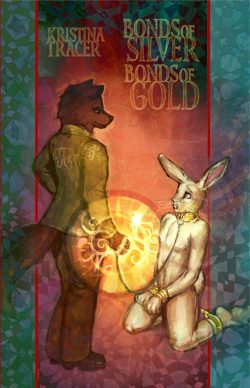I can’t figure out how to make the quote-thing work the way I want it to, but Ryffnah did in fact wisely say…
“The only acceptable response to a negative review is, “Thank you for taking the time to review my work.” Not responding is probably better.”
This has been my own basic guideline for many years, for public and private criticism alike. I mean, at least someone was motivated enough by my work to make an effort to type out their words and either send them to me or put them in a place where they can be read. Worst case scenario, I wait a couple days to reply until I’ve cooled down. In the long term I’ve found it works well. Reviewers who are unfair and misrepresent their subject matter generally don’t hold many readers, and I deserve precisely what I get from those doing a good job.
I was was once young and sensitive myself, I admit with considerable shame. But at least I’ve grown out of it. (One of the good things about being old is that few who remember this stage of my development first-hand are still around.) =:)
On another front…
If you do get a bad review, this may give you heart. Fred was kind enough to give a long, positive review to my David Birkenhead books on Flayrah while their sales were still very high. At that time, in fact, every book in the series was in the top one-hundred in Amazon’s ‘space opera’ category.
The result of this good review was… a notable drop in sales, as I’ve mentioned to Fred (with a virtual smile) before. Then they were back up the next week.
My learning from this is that reviews probably aren’t as important as they seem. Most especially, they’re not as important as they feel.


